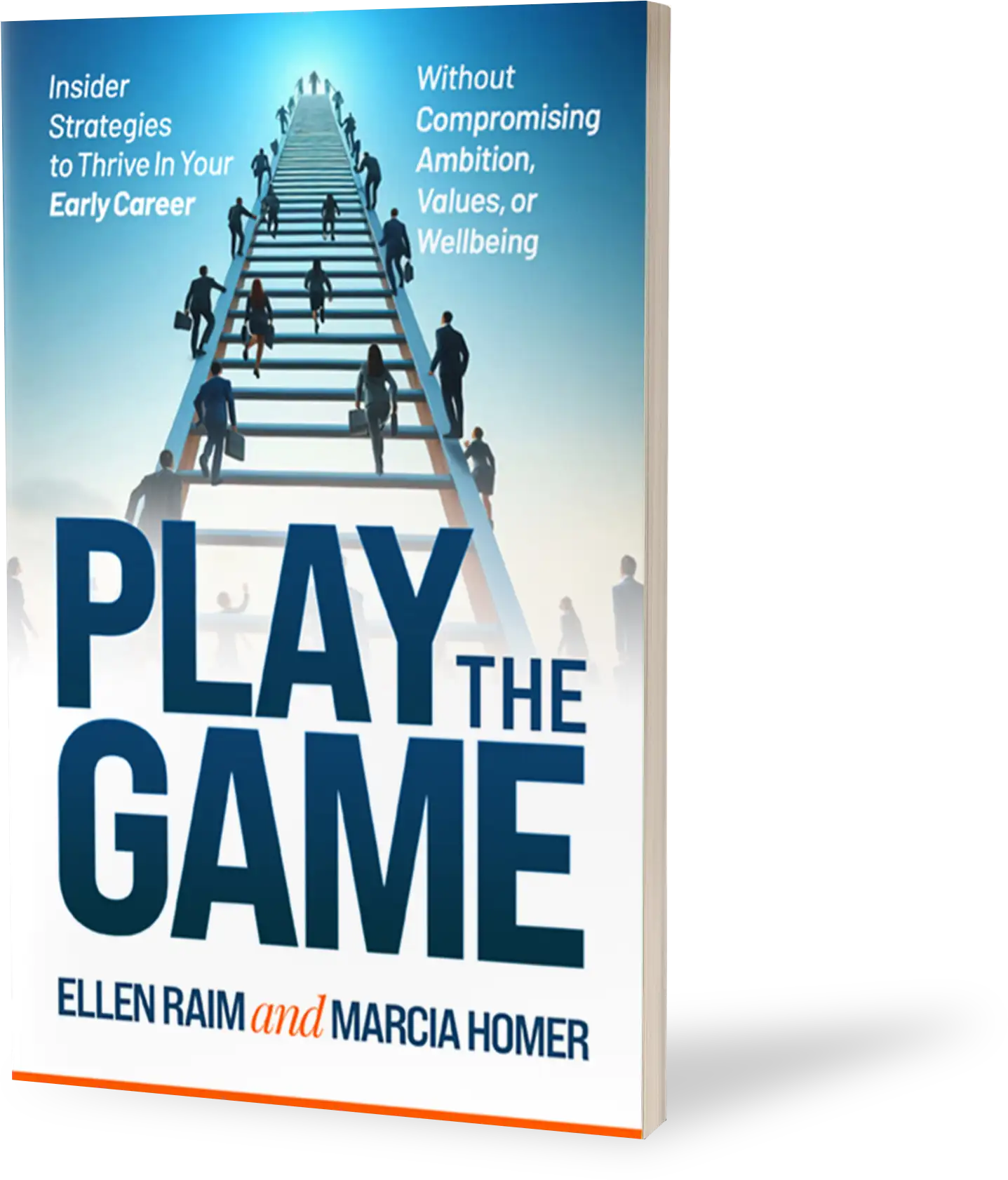Today let’s flip the script.
I help Gen Z employees thrive at work. Usually that means giving them insider knowledge about what managers want and how the system works. Today, I want to flip this and talk about something that drives Gen Z crazy about managers—and whether there’s anything they can do about it.
The issue: Gen Z employees complain that they are routinely asked to take on additional responsibilities without corresponding recognition, compensation or time off. To them, doing two jobs without two salaries doesn’t feel like initiative, it feels like being taken advantage of.
There is a real tension here. From the Gen Z perspective, this ask feels unfair, exhausting, and unsustainable. From the manager’s perspective however, it’s just business. The work needs to get done. Someone has to do it
So how can Gen Z raise the issue without being dismissed as whiny? How can they get clarity, and some sense of where this increase in workload is going?
Here’s one way that preserves credibility, respects the manager’s real constraints, and might get results. Do the work, and ALSO ask for strategic guidance.
Start a discussion by aligning with the business need. Say something like:
“I can see there’s a lot that needs to get done right now, and I want to be someone you can count on.”
Then pivot with curiosity. Say:
“Now that I’ve picked up this extra scope, I’d love your take on how to think about it. Should I be treating this as a development opportunity, a temporary stretch, or a sign that my role is evolving?”
And if the conversation is going well, open the door a little further:
“When you were earlier in your career and took on this kind of extra load, did it typically lead to bigger roles or responsibilities or pay later on—or not necessarily?”
And you might end the exchange this way:
“That’s helpful. I want to do this well—so if it’s ok with you, I’d love to check in in a few weeks to make sure I’m balancing the priorities the right way.”
To sum it up:
Do the work
Ask for advice and perspective.
Don’t ask to be relieved of the duties.
Work with the manager on future solutions
If an early career professional can guide a discussion this way, they might not get immediate relief but they will gain insight into how the manager sees their role and open the door to different solutions in the future.
An approach like this will move the conversation away from continual scope creep and platitudes like: “that’s just what it takes” or “we’ve all been there.”
